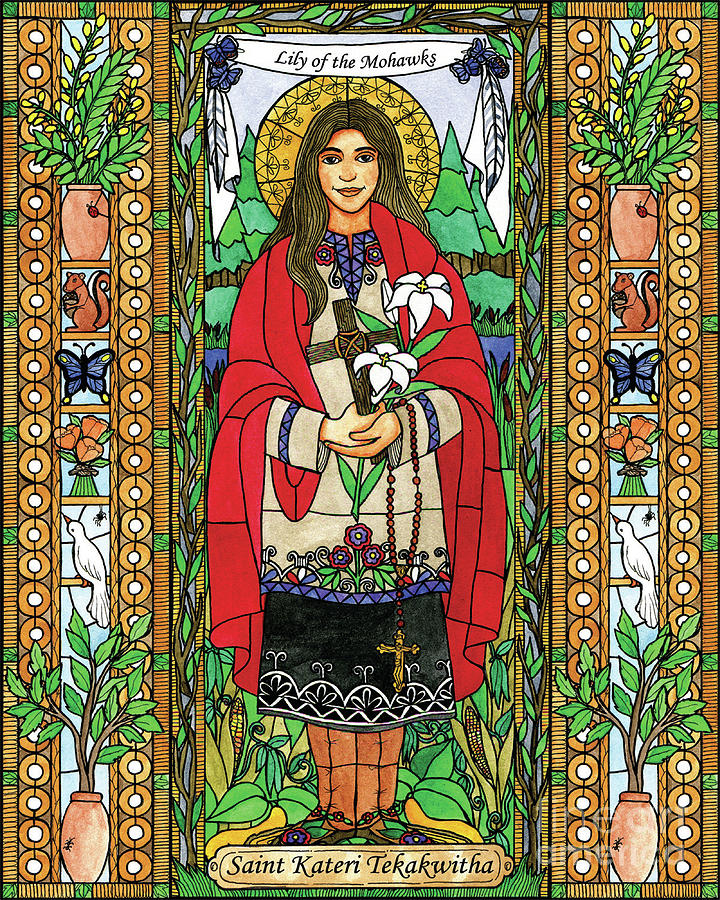“Laudato Si”…Yes…But What Can I Do?

When facing the major crises of our lives today, do you find yourself asking the same question over and over: But what can I do?
Of course, organizations or groups working to resolve the crises often give us the same easy answer: “Donate”. And we do. And perhaps that truly is what has the most impact. And yet, it always feels like a remote or a once-and-done (or even “several-times-and-done”) answer after which we sigh out relief, release some guilt, clap/wipe our hands, feel a bit better, and go on with our lives.
This is the end of the Laudato Si Five Year Anniversary week, and its call to celebrate the earth and its creatures, to preserve and protect them and hold them sacred resounded through the Catholic world in prayer and education and activities. Hooray. This most critical of modern crises cries out for reminders of the need for urgent responses. Donations to the many environmental causes, I’m sure, help. But just going on with our lives will not. This is a crisis – and a challenge – we must keep always before our eyes.
I was delighted, therefore, to discover one wonderful way to do this, a way inspired by Saint Kateri Tekakwitha, Catholic leader and minister. Using her own life and work as example and guide, the Saint Kateri Habitats and Parks Program encourages each one of us to do something concrete to make a difference. It specifically asks us to set up our own natural resource restoration project in our home, on our balcony or terrace, yard, garden, etc. and/or help to do the same in local schools, parishes, parks, ponds, creeks, woods, wetlands, establishing healthy habitats for all of us. But there’s more. We are asked not only to create a healthy material habitat but a spiritual one as well so that both provide the complete sustenance we need to carry out our work for the greater good.
As participants, this would be our mission:
Saint Kateri Habitats and Parks provide the benefits of increasing faith in God while preserving wildlife, saving energy, reducing climate change, and protecting land and water for future generations.
The program takes aim at the very heart of today’s ecological problems and addresses the profound moral crisis of which the destruction of the environment is but one troubling aspect. Ultimately, ecological problems are not in the first place environmental, nor can the solution to them be found in technology, economics, or politics alone. They are rather profoundly theological and moral.
And our goal:
Our initial objective is to have at least one Catholic person or family in every parish in the USA participating in the program. There are more than 70 million Catholics in the USA. That is a lot of potential Saint Kateri Habitats! Catholics around the world are also invited to restore healthy habitats.
Here is how it works:
We each create our own, or participate in a group creation, of a habitat containing at least three of the following elements: “food, water, cover, and space for people and wildlife elements, plus one religious expression.” The Kateri Conservation Center reassures us: “The program is flexible; for example, participants may plant one tree or an entire forest, or tend a container garden on a patio or a 100-acre farm.”
We promise to use clean, renewable energy and sustainable practices as much as possible; minimize, or better yet, eliminate the use of pesticides; conserve water and other resources, and plant in organic soils and use only organic fertilizers.
We also promise to provide a sacred and sacramental place or places for prayer and contemplation. Spiritual places or expressions may be traditional, such as shrines, grottos, statues of saints or angels or Mary or Saint Kateri or Saint Francis of Assisi, or more abstract and personally meaningful, whatever “reminds us that God – the Holy Spirit – is present and active in every corner of creation.”
Finally, once we have created our ecologically spiritual space, we are asked to let ourselves be counted for our efforts and inspire others by applying for designation as an official St. Kateri healthy habitat via www.kateri.org.
As a reminder, Saint Kateri Tekakwitha, our female inspiration for the project, is the patroness saint of Indigenous Peoples, integral ecology, and the environment:
Saint Kateri was born in 1656 and lived much of her life around the site of the present-day Saint Kateri National Shrine and Historic Site in Fonda, New York.
Saint Kateri and the Indigenous Peoples had, and have, an extensive knowledge of natural habitats, acquired over thousands of years of direct contact with nature. This knowledge includes relationships between our Creator, people, plants, animals, landscapes, natural phenomena, and the timing of events used for fishing, hunting, agriculture, and forestry.
Saint Kateri is an eyewitness of the land before much of it would be degraded or destroyed. Kateri offers a bridge between Europeans and other immigrants and the Indigenous Peoples of the Americas, between people and nature, and between people and God.
Well, I must go now and work on my balcony container garden.
I’m not sure what my religious expression will be. There are so many choices…and just how grace-filled is that?


One Response
Patriarchy is the root cause of the ecological crisis. It is lamentable that the credibility of Laudato Si is compromised due to the patriarchal semblance of the church. So is the credibility of Fratelli Tutti. Hope this is considered during the 2021-2023 synodal process.